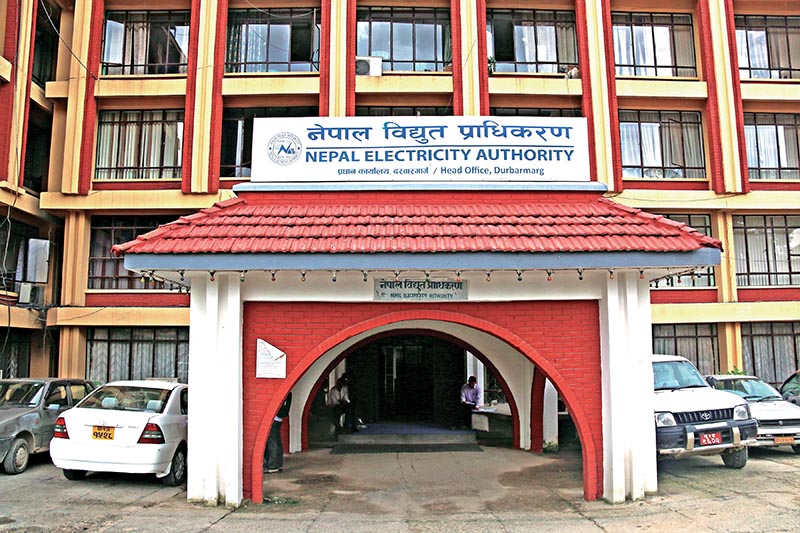NEA warns of blacklisting Kulekhani-3 contractor
Kathmandu, May 12
Nepal Electricity Authority (NEA) has warned Hulas Engineering and Construction, one of the contractors of the 14-megawatt Kulekhani-3 hydropower project, that the firm could be blacklisted following the weak work performance of the company.
Earlier, NEA had awarded the contract related to the hydromechanical and electromechanical works of the hydel project to the company. However, Kul Man Ghising, managing director of NEA, warned Hulas Engineering and Construction today that the company could be blacklisted if it fails to accelerate the project works at the earliest.
NEA has concluded that the delay in works by Hulas Engineering and Construction was the major reason behind the delay in the completion of the Kulekhani-3 hydropower project.
Moreover, Ghising said that NEA will also scrap the contracts that the power utility has signed with Hulas Engineering and Construction for other projects if the company fails to rectify its mistakes and completes the tasks assigned to it as soon as possible.
“If Hulas Engineering and Construction still tries to delay project works citing any reason, the government will not only scrap its contract with Kulekhani-3 project but also with other transmission and sub-station development related projects. NEA will not entertain delays in projects, especially of national pride projects like Kulekhani-3 hydropower project,” stated Ghising.
Earlier, NEA had signed an agreement with Hulas Engineering and Construction to supply and instal hydromechanical and electromechanical equipment in the project. Meanwhile, NEA has already levied a fine of almost Rs 70 million on the contractor due to its negligence and delay in project construction.
Initially, construction cost of the project was expected to hover at Rs 2.43 billion but after perennial delays it has now escalated to around Rs five billion. Also, initial projection had estimated production cost per megawatt power to stand at Rs 173.6 million. However, as per revised estimate, it is now expected to cost above Rs 310 million per megawatt.






